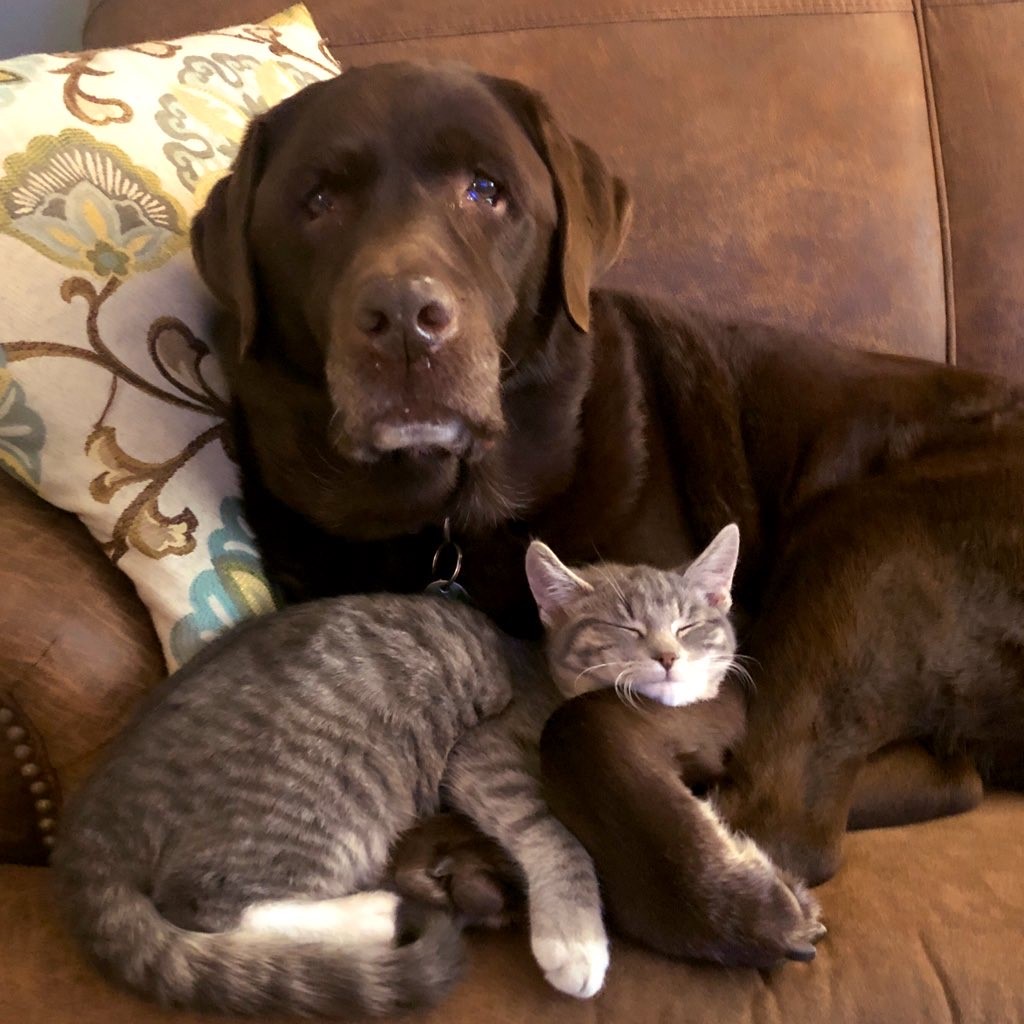Meg Heckman is an assistant professor of journalism at Northeastern University, Boston. She worked as a reporter and editor for the Concord (NH) Monitor for more than a decade. Her recent work has appeared in the Columbia Journalism Review, the Boston Globe, Media Report to Women, and USA Today. She is the author of Political Godmother: Nackey Scripps Loeb and the Newspaper That Shook the Republican Party (Potomac Books, 2020).
Your new book is a biography of Nackey Scripps Loeb, a newspaperwoman and conservative activist who used her perch in New Hampshire—home of the first-in-the-nation presidential primary—to shape right-wing politics in ways that still echo today. What do you hope readers will takeaway from it?
First, I hope readers learn about the life of a smart, influential woman who wielded tremendous power in both newspaper publishing and politics, two arenas that were (and, in many ways, still are) dominated by men.
Regardless of what readers think of Loeb’s ideology, her career is a reminder of the many ways women from all over the political spectrum have shaped civic life. She, like so many other women, was basically written out of history. I hope this book restores her to her rightful place in narratives about the New Hampshire primary, and its role in presidential politics.
What affects have social distancing had on your writing?
I’m a journalism professor at Northeastern University in Boston, and our semester ends in a couple of weeks, so writing for public consumption has taken a backseat to supporting my students during an incredibly difficult time. I’m an open-door kind of professor and believe some of the most important learning—especially in creative fields—happens during informal conversations about various projects and assignments, so I’ve been spending a lot of time connecting with students on the phone and over Zoom. I’ve noticed, though, that I need to write for myself a lot more lately. I’ve kept pretty detailed stream-of-consciousness journals since I was a teenager, so there’s something familiar and centering about scribbling, I guess.
Do you have any pets? Are they enjoying your company?
I have a chocolate Lab, Radar, and a gray tabby kitten, Ursula Von Cat. They are thrilled to have me home and are becoming low-key famous thanks to Zoom.

What were you doing last year at this time?
At this time last year, I was finishing the first draft of my book manuscript, pulling long hours in various archives and at my desk to get it done.
What is one non-writing-related activity that helps you stay creative at your keyboard?
Getting outside and staying active, especially during the coldest months of the year. I grew up in rural New Hampshire and have worked a part-time alpine ski instructor for decades. It was my job when I was in college, which was the same time I started seriously training to be a professional writer so, for some weird reason, the act of skiing is interconnected with my creative process.
What are you working on now?
Editing my students’ final projects and dealing with other end-of-the-year paperwork. After that, I’ll start looking around for my next book project. I also have a couple of essays I’d like to finish and place.
Why is your book important now?
It’s an election year, and my book helps explain the rise of the modern conservative landscape. I also hope my is a reminder of the crucial role played by independent, local news organizations. Loeb may have been a national figure, but she cared very much about serving her local audiences, too.

